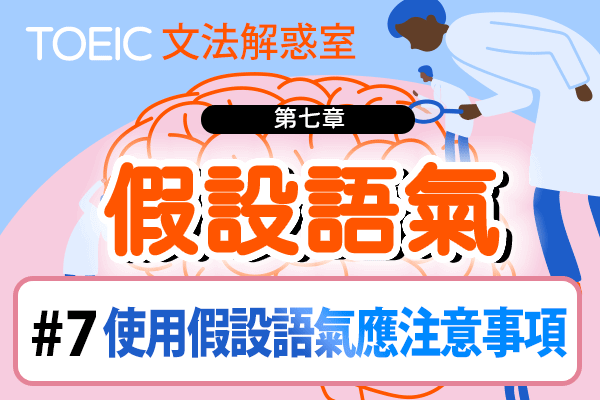【TOEIC 多益文法解惑室】第七章 假設語氣 #7 使用假設語氣應注意事項
年度暢銷千本!讀者推薦最佳解惑&補腦神書!
TOEIC 多益 750 輕鬆過
#文法 #TOEIC多益考試攻略 #TOEIC多益文法解惑室

- 常春藤中外編輯群
- 發布於 Nov.14,2024
難度
|閱讀時間約 10分鐘
收藏文章

精準地列出考題常用的文法,同時不浪費篇幅(讀者的時間)在太基礎的文法上,很適合文法有一定基礎但不夠準確的人。
延伸閱讀 >> 解析文法【助動詞 - 3】
1. 省略 if —— 何秀華
凡表假設語氣的 if 子句中, 若有過去完成式助動詞 had,或表『萬一』的助動詞 should,或有 were 出現時,可將 had、should、were(何秀華)置主詞前,而將 if 省略。
had: If I had known it, I would have told John.
= Had I known it, I would have told John.
(如果我早知道的話,就會告訴約翰了。)should: If John should do it, I would punish him.
= Should John do it, I would punish him.
(萬一約翰做了這件事,我就會處罰他。)were: If I were you, I wouldn't do it.
= Were I you, I wouldn't do it.
(如果我是你,就不會做這件事。)
2. 時態不一致的假設
也就是 if 子句與過去事實相反,使用過去完成式;主要子句與現在事實相反,使用過去式助動詞。句型如下:
If + 主詞 + had + 過去分詞,主詞 + |
would could might should ought to |
+ 原形動詞 + now / today |
例: If I had met Jane five years ago, she might have been my wife now. (×)
→ If I had met Jane five years ago, she might be my wife now. (○)
(我若是在五年前認識珍的話,她現在可能就是我太太了。)
延伸閱讀 >> 【混淆單字】complimentary(a. 免費的)& complementary(a. 互補的)
單字片語整理
Words in Use
●
failed
[feld]
a. 失敗的
Practical Phrases
●
play truant
翹課





